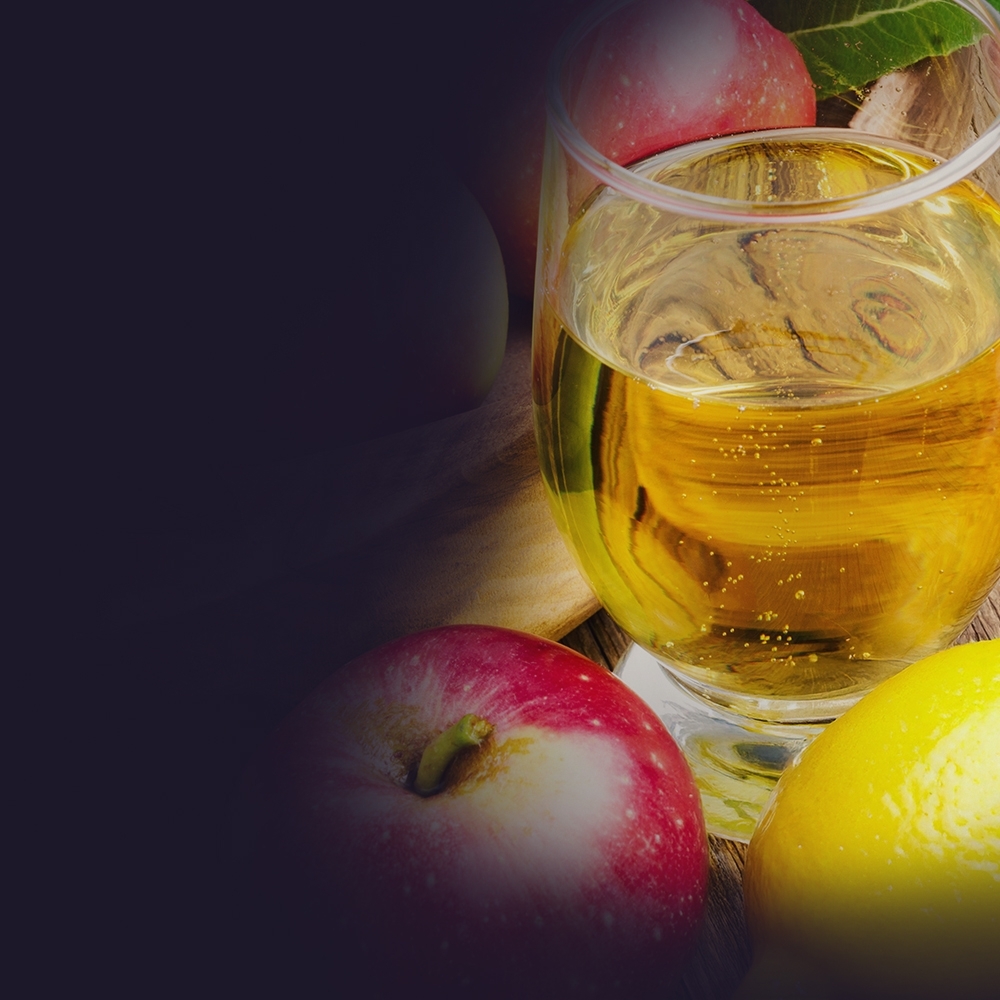24.03.2021
From accommodating increasing demand to creating a sustainable food supply: innovation will be key in addressing the food industry's many challenges. How can that innovation be protected and exploited?
Thank you
More so than ever, the food industry faces great challenges. At a global level, the nutritional demands of a growing human population must be met in a manner that will be sustainable in the long term. More locally, producing high-quality food for the UK market profitably, against increasing costs on the one hand and stagnant retail prices on the other, becomes harder every year.
Innovation will lie at the heart of rising to these challenges. In turn, that innovation will generate intellectual property (IP), for example in the form of technical inventions, eye-catching designs, or company and product branding. It is vital to protect that IP to capitalise on the underlying innovation and support future work.
In most cases, registering a right formally is the most effective way to protect IP, with the type of registration required being dictated by the nature of the creation: patents for technical inventions; registered designs for aesthetic creations; and trade marks for branding. There are also plant breeders’ rights, which allow new plant varieties to be registered and protected.
To take an everyday example, a can of soft drink may be subject to various forms of IP: trade marks could be registered for the logo on the can and the name of the company and/or drink; designs could be registered for the shape of the can or the way that it looks; and patents could be in place for such things as the process for manufacturing the can, the ring pull mechanism, or even the method for producing the fluid inside.
Registering a trade mark is usually a relatively straightforward and inexpensive process - albeit one that is best undertaken by a qualified trade mark attorney to ensure that the protection that is obtained will be suitable and commercially valuable. Once in place, a trade mark registration can underpin the value in your brand, whilst preventing others from registering your mark and thereby causing serious problems for your commercial interests. Similar considerations apply for registering designs.
Patents may be less common and more difficult to obtain than trade marks, but don’t be put off: a patent to protect something you have invented is a powerful and valuable asset, and the threshold for what qualifies as a patentable invention is lower than is often thought. You needn’t have revolutionised food production before seeking a patent – any new technology that offers an advantage over what has come before, however small that benefit may be, is potentially suitable for patent protection.
Patents can be used to protect physical products, such as new equipment for vertical farming, an improved robot for automated weeding, or a coating that can extend the shelf-life of produce. Patents can also protect processes, such as an improved method of packaging or processing food, or administering fungicide according to weather measurements for reduced apple scab.
There are many possible reasons to seek a patent for your invention. A patent protects your investment in developing new technology, ensuring that a competitor that has not incurred those development costs cannot undercut you by simply copying your end product. Licensing a patent may also allow you to retain control over how your invention is implemented in the market, for quality control and brand protection. Also, while guiding you through the application process your patent attorney can help you to take a step back to consider what you have really invented, which is often something much broader than you might initially believe. This fresh look at the concept can inspire new ideas that spur further innovation, or prompt questions that help you to refine your technology.
Patents also enable you to share your ideas safely, promoting collaboration and ultimately driving further innovation in the industry, to everyone’s benefit.
Innovative companies in the food industry are stronger if they protect their IP. Stronger companies, in turn, create a stronger industry that is better equipped to meet the challenges ahead.
If you would like to understand more about protecting your IP in the food industry, speak to your patent attorney or trade mark attorney, who will be delighted to help.

13.03.2025
Generative AI and the Race for Patent Protection: Insights from WIPO’s Patent Landscape ReportThe rise of generative AI has sparked a surge in patent filings in this field. In her latest article, Amelia Ross explores key insights from WIPO’s Patent Landscape Report on generative AI, including which companies and countries are driving this explosion of innovation.

21.01.2025
Thatchers Triumphs in Trade Mark TrialOn 20 January 2025, the Court of Appeal delivered a significant judgment in the case of Thatchers Cider Company Limited v. Aldi Stores Limited, ruling in favour of Thatchers in its trade mark infringement claim against Aldi. This decision overturned a previous High Court ruling from January 2024, which had dismissed Thatchers' claims.
Thank you